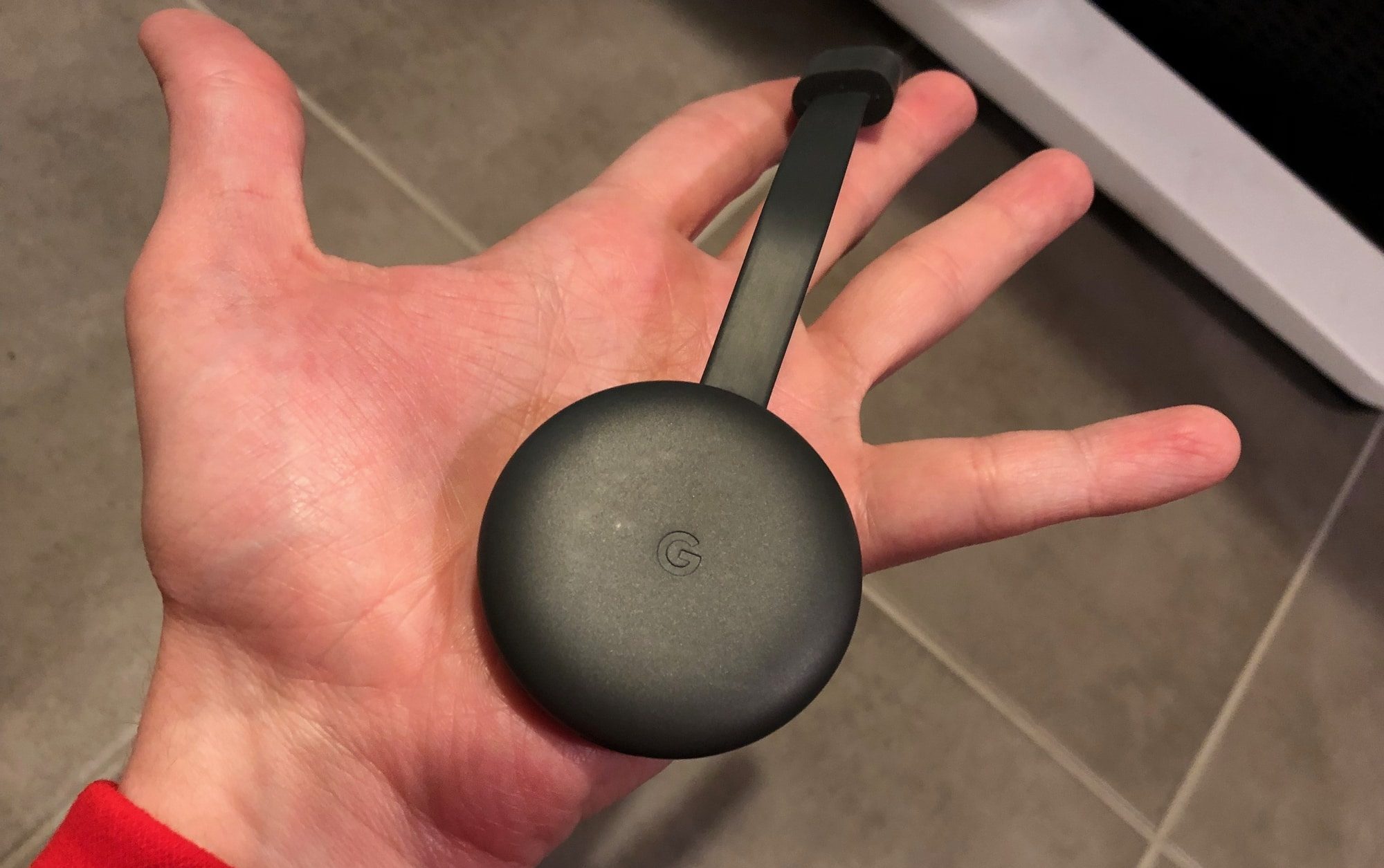

Gadgets
What Is Chromecast
Modified: September 5, 2024
Learn about the latest gadgets with Chromecast, a versatile streaming device that brings entertainment to your fingertips. Discover how this innovative technology can enhance your viewing experience.
(Many of the links in this article redirect to a specific reviewed product. Your purchase of these products through affiliate links helps to generate commission for Techsplurge.com, at no extra cost. Learn more)
Table of Contents
What Is Chromecast? A Comprehensive Guide
Chromecast is a line of digital media players developed by Google. These devices allow users to stream content from mobile devices, tablets, or computers to a television. The first Chromecast was released in 2013, and since then, the technology has evolved significantly, offering improved performance, new features, and enhanced user experience. This article covers the history of Chromecast, its features, how it works, and its applications in modern entertainment.
History of Chromecast
The idea of streaming content from mobile devices to TVs is not new. However, Google's entry into this market with Chromecast marked a significant turning point.
First Generation
The first generation of Chromecast was announced on July 24, 2013, and released on July 26, 2013. This initial device was small, about the size of a USB flash drive, and it plugged directly into the HDMI port of a TV. Priced at $35, it quickly gained popularity due to its affordability and ease of use.
Subsequent Generations
The success of the first Chromecast led to the development of subsequent generations. Each new version brought improvements in performance, additional features, and better compatibility with various devices and platforms.
- Second Generation (2015): Added support for 1080p video streaming and improved Wi-Fi connectivity.
- Third Generation (2018): Introduced support for 4K video streaming and Dolby Vision, making it a more robust option for high-definition content.
How Chromecast Works
Chromecast operates by using a mobile device or computer as a controller to stream content to the television. Here’s a step-by-step explanation of how it works:
Setup
- Connect the Chromecast device to the TV via an HDMI port.
- Download the Google Home app on a mobile device or computer.
Pairing
- Pair the device with the Chromecast using the Google Home app.
- Scan a QR code displayed on the TV screen.
Streaming
- Select content from various streaming services such as Netflix, YouTube, Hulu, or Google Play Movies & TV.
- Cast web pages, photos, and music from the device to the TV.
Control
- Use the device to control the streaming content.
- Pause, play, rewind, and fast-forward the content just as on the device.
Multi-Device Support
One of the key features of Chromecast is its ability to support multiple devices. Multiple users can cast different content to the same TV simultaneously, making it ideal for family gatherings or group viewing sessions.
Features of Chromecast
Chromecast devices have evolved significantly over the years, incorporating various features that enhance the user experience. Here are some of the key features:
- 4K and HDR Support: The latest models support 4K resolution and HDR (High Dynamic Range) for a more immersive viewing experience.
- Dolby Vision: Some models, like the Chromecast Ultra, support Dolby Vision, which provides enhanced color and contrast.
- Multi-Room Audio: Chromecast devices can be integrated with Google Home speakers to create a multi-room audio setup, allowing users to play music across different rooms.
- Google Assistant Integration: Users can control their Chromecast using voice commands through Google Assistant, making it easier to manage content without needing to physically interact with their device.
- Cast Functionality: The cast function allows users to stream content from their device to the TV seamlessly. This includes web pages, photos, and music.
- Google Play Store Integration: Users can download apps directly from the Google Play Store and cast them to their TV.
Applications of Chromecast
Chromecast is versatile and can be used in various settings beyond just home entertainment. Here are some applications:
Home Entertainment
The primary use of Chromecast is for streaming movies, TV shows, and other video content from popular services like Netflix and YouTube.
Gaming
While not as robust as gaming consoles, Chromecast can be used to play simple games or stream games from platforms like Google Stadia.
Education
Teachers can use Chromecast to display educational content on a large screen, making it easier for students to follow along.
Business Presentations
Professionals can use Chromecast to present slideshows or videos during meetings, making presentations more engaging.
Family Time
Chromecast is great for family gatherings where multiple people want to watch different content simultaneously.
Comparison with Other Devices
Chromecast competes with other streaming devices like Apple TV, Amazon Fire TV, and Roku. Here’s a brief comparison:
- Apple TV: Known for its sleek design and seamless integration with Apple devices, Apple TV offers exclusive content like Apple TV+ and a more polished user interface.
- Amazon Fire TV: Amazon Fire TV offers a wide range of streaming services, including Amazon Prime Video, and integrates well with Alexa smart speakers.
- Roku: Roku is known for its extensive library of streaming services and customizable home screen.
Each device has its strengths and weaknesses, but Chromecast stands out for its affordability and ease of use.
Final Thoughts
Chromecast has changed the way we stream content to our TVs. From its humble beginnings as a simple HDMI stick to the advanced features of the latest models, Chromecast continues to evolve and improve. Its versatility, affordability, and seamless integration with various devices make it a popular choice for both home entertainment and professional applications. Whether enhancing a home theater experience or needing a reliable device for presentations, Chromecast is definitely worth considering.
Chromecast is more than just a streaming device; it's a tool that has transformed how we consume media in our daily lives. Its ability to adapt to new technologies and user needs ensures that it will remain a significant player in the digital media landscape for years to come.

